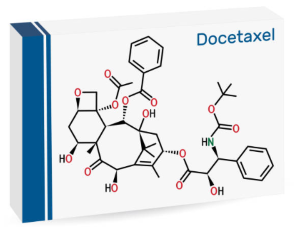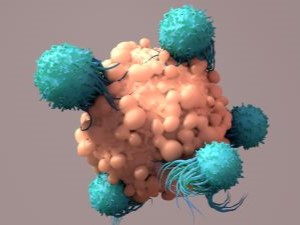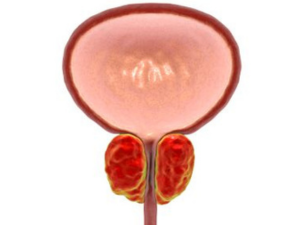Docetaxel Found to Be Significantly Associated With Reduced Prostate Cancer Mortality in Patients With Otherwise Poor Prognosis

A meta-analysis of five clinical trials found that adding docetaxel to standard-of-care treatment in men with high-grade, nonmetastatic prostate cancer and low PSA levels was associated with a significant reduction in death from prostate cancer. The Brigham’s Anthony Victor D’Amico, MD, PhD, senior author of the new paper, elaborates.
Read More...







